
This is Why You Always Wake Up in the MIDDLE of the Night (and how to make it STOP)

Getting a full night’s rest can truly transform the way you feel when you wake up. You may feel sharper, calmer, more energized, and ready to face the day ahead. On the other hand, insufficient sleep can leave you feeling groggy, irritable, and unfocused. More importantly, chronic sleep deprivation can severely impact your overall health and well-being. While getting enough sleep might seem simple, various factors—both physical and psychological—can make it surprisingly difficult.
The Crucial Role of Sleep in Your Health
Sleep is not just a passive state of rest—it's an active, vital process during which your body undergoes essential repair and recovery. While you're sleeping, your body works hard to detoxify, repair damaged tissues, balance hormone levels, and restore internal systems to a state of homeostasis.
Numerous studies have linked poor sleep to a range of health issues, including impaired memory, reduced immune function, weight gain, mood swings, hormonal imbalances, and even an increased risk of chronic diseases like heart disease and diabetes. According to the Sleep Foundation, 67% of individuals who report poor sleep also experience poor general health.
Why Are We Sleeping So Poorly?
Several lifestyle and environmental factors can interfere with our ability to sleep well. Common causes of disrupted sleep include:
-
An unhealthy diet
-
Lack of physical activity
-
Poor sleep posture
-
High stress levels
-
Underlying health conditions such as autoimmune disorders or digestive problems
Even your gender and socioeconomic status can influence your sleep quality. For example, women are statistically more likely than men to experience insomnia or disrupted sleep. Additionally, people with lower incomes often face higher stress and lower life satisfaction, both of which are strong predictors of poor sleep.
The Adrenal Glands: A Hidden Player in Your Sleep
Your adrenal glands—located just above your kidneys—are a small but powerful part of your endocrine system. They produce a variety of essential hormones including cortisol, aldosterone, and precursors to sex hormones like testosterone.
When your adrenal glands become dysregulated, often due to chronic stress, autoimmune conditions, thyroid issues, or even poor nutrition, your hormone levels may fall out of balance. This can lead to adrenal insufficiency or conditions like Addison’s disease.
Cortisol, often referred to as the "stress hormone," is especially important for regulating your circadian rhythm—your body’s natural internal clock that governs the sleep-wake cycle.
Under normal conditions:
-
Cortisol levels are highest in the morning, helping you feel awake and alert.
-
Throughout the day, cortisol gradually decreases, reaching its lowest point at bedtime, allowing your body to wind down.
-
While you sleep, cortisol slowly begins to rise again, peaking around the time you wake up.
However, if you're under constant stress or have unstable blood sugar levels, this rhythm can be disrupted. Cortisol may spike in the middle of the night—typically between 1 a.m. and 4 a.m.—causing you to wake up suddenly and have difficulty falling back asleep.
This phenomenon is often referred to as adrenal fatigue or cortisol dysregulation, and fortunately, it can be improved through consistent lifestyle changes and better sleep habits.
10+1 Practical Tips for Better Sleep
If you're frequently tossing and turning, waking up tired, or unable to fall asleep at all, it's time to focus on improving your sleep hygiene. These simple, evidence-based strategies can help you fall asleep faster, sleep deeper, and wake up feeling more refreshed.
1. Avoid Alcohol and Stimulants Before Bed
While alcohol might make you feel drowsy initially, it interferes with the quality of your sleep. Dr. Michael Breus, a renowned sleep expert, notes that alcohol can disrupt deep sleep stages and cause you to wake up multiple times during the night.
In addition to alcohol, avoid caffeine, nicotine, and sugar after dinner. These substances stimulate your nervous system and delay melatonin production.
Try this instead: A warm cup of chamomile or valerian root tea after dinner can help you relax and signal your brain that it’s time to wind down.
2. Unplug From Electronics
Electronic devices emit blue light, which tricks your brain into thinking it’s still daytime and blocks melatonin production. Scrolling through your phone or watching TV in bed can significantly delay sleep onset.
Solution: Power down all screens at least 60–90 minutes before bedtime and keep electronics out of the bedroom. Replace screen time with reading, journaling, or other relaxing offline activities.
3. Have a Light, Protein-Rich Snack
Eating a small, healthy snack about 2–3 hours before bed can stabilize your blood sugar and prevent midnight cortisol spikes. Avoid sugary or carb-heavy foods that can cause energy crashes.
Good bedtime snack ideas:
-
A small handful of nuts
-
A spoonful of honey
-
A serving of plain yogurt
-
A banana with almond butter
4. Maintain a Consistent Sleep Schedule
Your body loves routine. Going to bed and waking up at the same time every day—even on weekends—strengthens your internal clock and improves sleep quality.
If you need to catch up on rest, opt for a short nap (15–30 minutes) in the early afternoon rather than sleeping in.
5. Create a Comfortable Sleep Environment
The temperature of your bedroom can have a surprisingly large impact on sleep. Research suggests the optimal room temperature for sleep is between 65–75°F (18–24°C).
Bonus tips:
-
Use blackout curtains to block external light.
-
Wear cozy socks and warm pajamas if you get cold easily.
-
Invest in good-quality bedding and a mattress that suits your sleep posture.
6. Eliminate Trigger Foods at Dinner
Certain foods—especially those you're sensitive to—can trigger inflammation, bloating, or digestive discomfort during the night.
Common culprits include:
-
Dairy
-
Gluten
-
Spicy or fried foods
-
Excess sugar
Try sticking to whole foods, lean proteins, and vegetables at dinner, and avoid eating within 2 hours of bedtime.
7. Move Your Body Daily
Regular physical activity promotes better sleep by reducing stress, increasing endorphins, and improving metabolism. Aim to get at least 30 minutes of moderate exercise daily.
Avoid intense workouts right before bed, as these can increase adrenaline and delay sleep.
8. Spend More Time in Natural Light
Getting sunlight exposure during the day—especially in the morning—helps regulate your body’s circadian rhythm and boosts melatonin production at night.
Try going for a morning walk or spending at least 20 minutes outside each day. In the evening, a short walk after dinner can aid digestion and help you transition into sleep mode.
9. Make Your Bedroom a Sanctuary
Your bedroom should be a calm, inviting place that encourages relaxation. If it's messy, cluttered, or filled with distractions, it may be sabotaging your sleep.
Ways to improve your sleep space:
-
Declutter and clean regularly
-
Add indoor plants to purify the air
-
Choose calming colors like soft blues or greens
-
Use lavender essential oils or a diffuser
10. Create a Nighttime Wind-Down Routine
Establishing a calming routine signals to your brain that it's time to rest. Start winding down about an hour before bed with relaxing activities like:
-
Reading a book
-
Gentle yoga or stretching
-
Taking a warm bath or shower
-
Practicing mindfulness or breathing exercises
-
Giving yourself a simple foot or hand massage
11. Consider Natural Supplements (With Caution)
If sleep remains a challenge, consider speaking to your healthcare provider about natural supplements like:
-
Magnesium – helps relax muscles and calm the nervous system
-
Melatonin – a hormone that regulates sleep
-
L-theanine – an amino acid that promotes relaxation without drowsiness
-
Ashwagandha – an adaptogenic herb that supports stress management
Never self-prescribe supplements without consulting a professional, especially if you have underlying health conditions or take other medications.
Final Thoughts
Poor sleep doesn’t have to be your norm. By identifying and addressing the factors that interfere with your rest—whether it's stress, diet, lifestyle, or environment—you can reclaim your nights and improve your days. A good night’s sleep isn’t just a luxury; it’s a fundamental part of a healthy, balanced life.
News in the same category


Early Signs of Liver Damage & How to Strengthen Your Liver
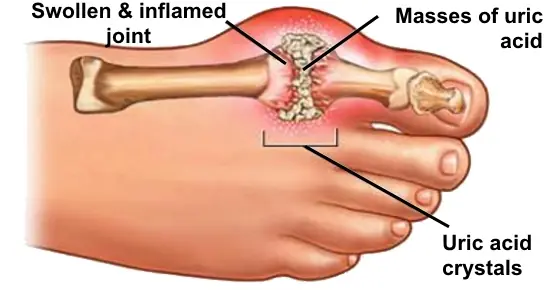
The Best Natural Gout Treatments: Remove Uric Acid Crystallization To Prevent Gout And Joint Pain
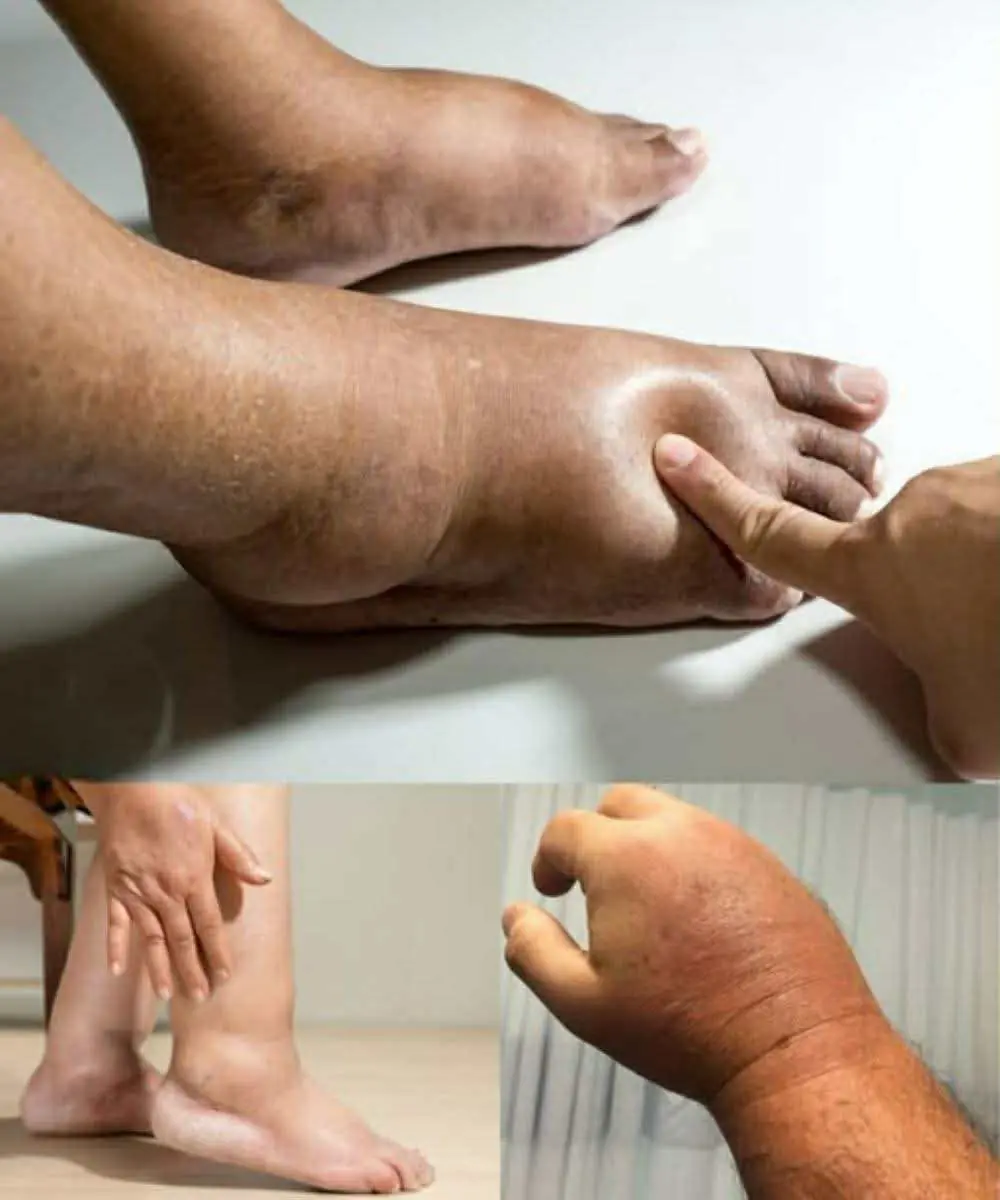
Foods that can ease swelling in hands and feet

Sleeping With The Door Open

Woman shares ’embarrassing’ symptoms she regrets hiding from doctors as she’s diagnosed with incurable cancer

1 herb being called a miracle for liver, blood sugar, and blood pressure

5 Unusual Signs Of Colon Cancer Folks Accidentally Ignore For Years
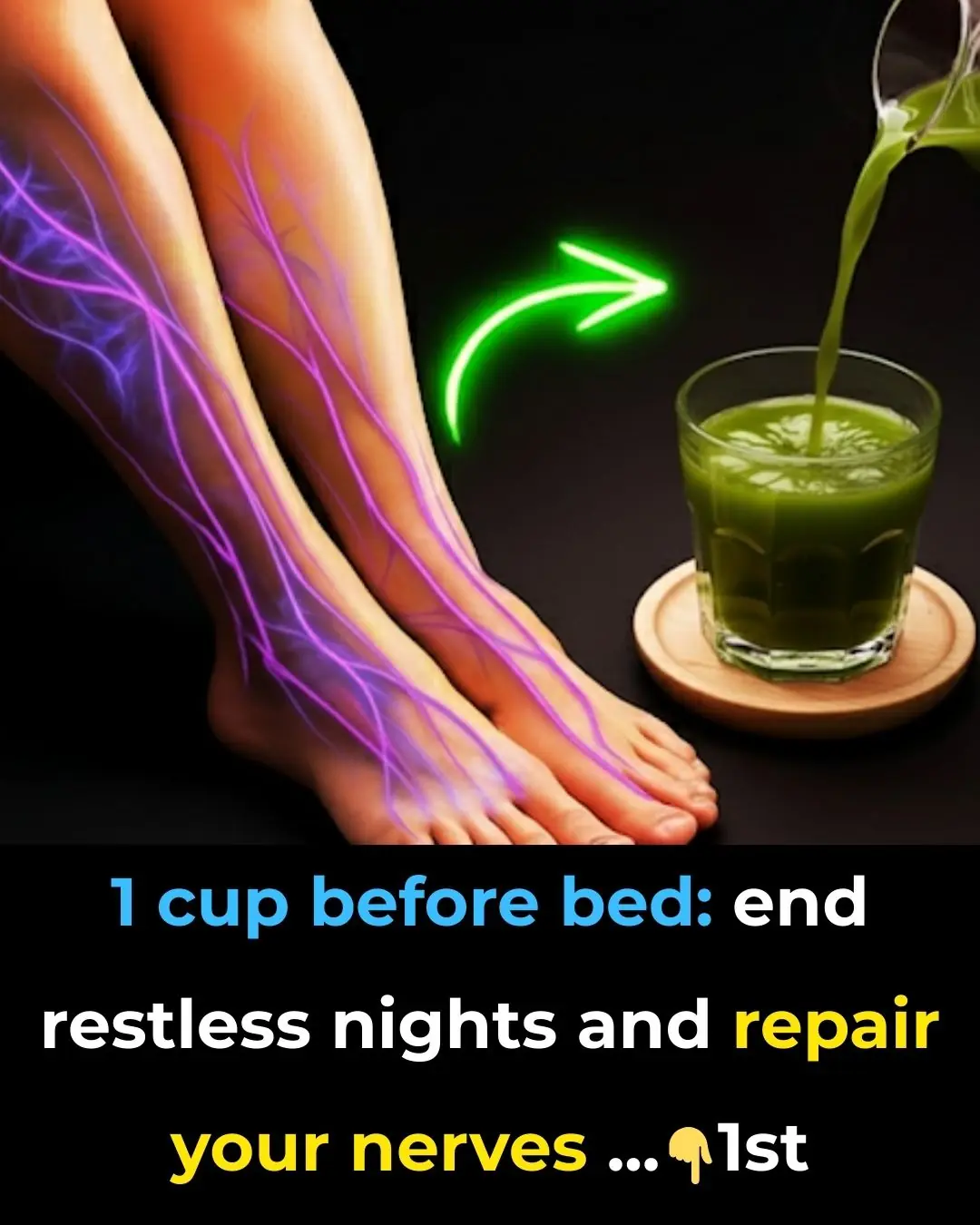
1 cup before bed: end restless nights and repair your nerves

5 foods that heal your body and STARVE cancer—eat these now!

Preventing Stroke At Any Age: 3 “Don’ts” After Meals—And 4 “Don’ts” Before Bed

The Truth About “Old Person Smell”: What Causes It And How To Get Rid Of It

12 surprising foods that help dissolve blood clots naturally

New B::l:ood Pressure Guidelines: 4 Things I Like and 2 Concerns

Intuitive Eating: A Non-Diet Approach Your Patients May Love

Global Prevalence of Hidradenitis Suppurativa Approaches 1%

Who Should Avoid Eating Chicken Feet?

Here’s How To Get Rid of Sinus Infections Naturally, No Antibiotics Required!
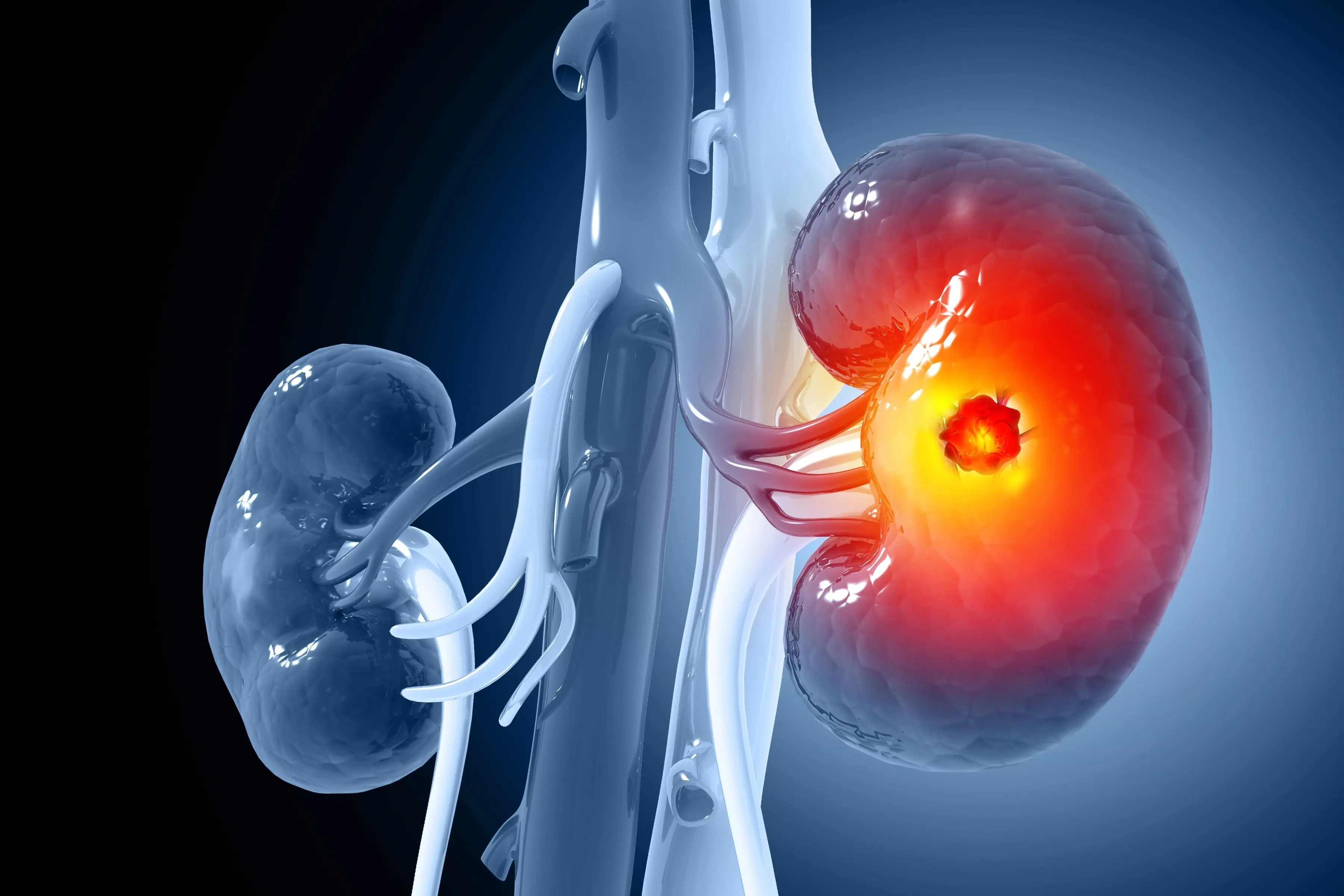
If You’re Experiencing THESE Symptoms, Your Kidneys May Be at Risk
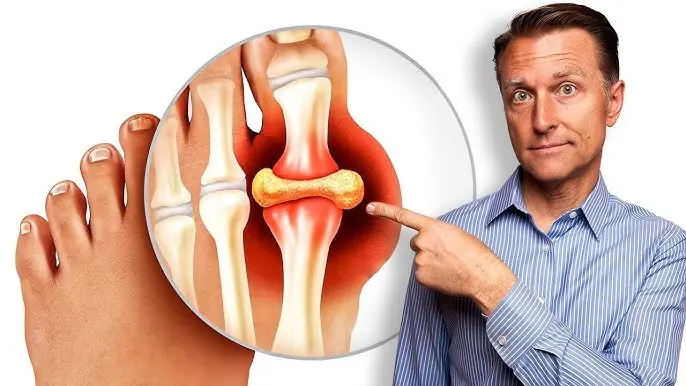
Best Natural Gout Treatments to Remove Uric Acid Crystallization and Prevent Gout And Joint Pain
News Post

The hidden meaning of thumb rings: what they represent for women vs. men

What it says about your relationship when your partner sleeps with their back to you

Pouring Hot Water into the Kitchen Sink: Thought It Was Helpful but Actually Causes Two Serious Problems

Early Signs of Liver Damage & How to Strengthen Your Liver

Clogged Pipes? Super Easy Home Remedies Without Calling an Expensive Plumber!

The Best Natural Gout Treatments: Remove Uric Acid Crystallization To Prevent Gout And Joint Pain

Foods that can ease swelling in hands and feet

The Golden 4-Hour Window to Drink Coffee for Maximum Health Benefits: Clean Liver, Smooth Digestion, and Balanced Blood Sugar

Sleeping With The Door Open

The World’s Strongest Animal Isn’t an Elephant or Bear

Gordon Ramsay issues health warning after undergoing cancer surgery

Woman shares ’embarrassing’ symptoms she regrets hiding from doctors as she’s diagnosed with incurable cancer

1 herb being called a miracle for liver, blood sugar, and blood pressure

5 Unusual Signs Of Colon Cancer Folks Accidentally Ignore For Years

Delta Pilot Spends Year’s Salary to Fly 112 Friends to Hawaii for Epic Retirement Sendoff

1 cup before bed: end restless nights and repair your nerves

5 foods that heal your body and STARVE cancer—eat these now!
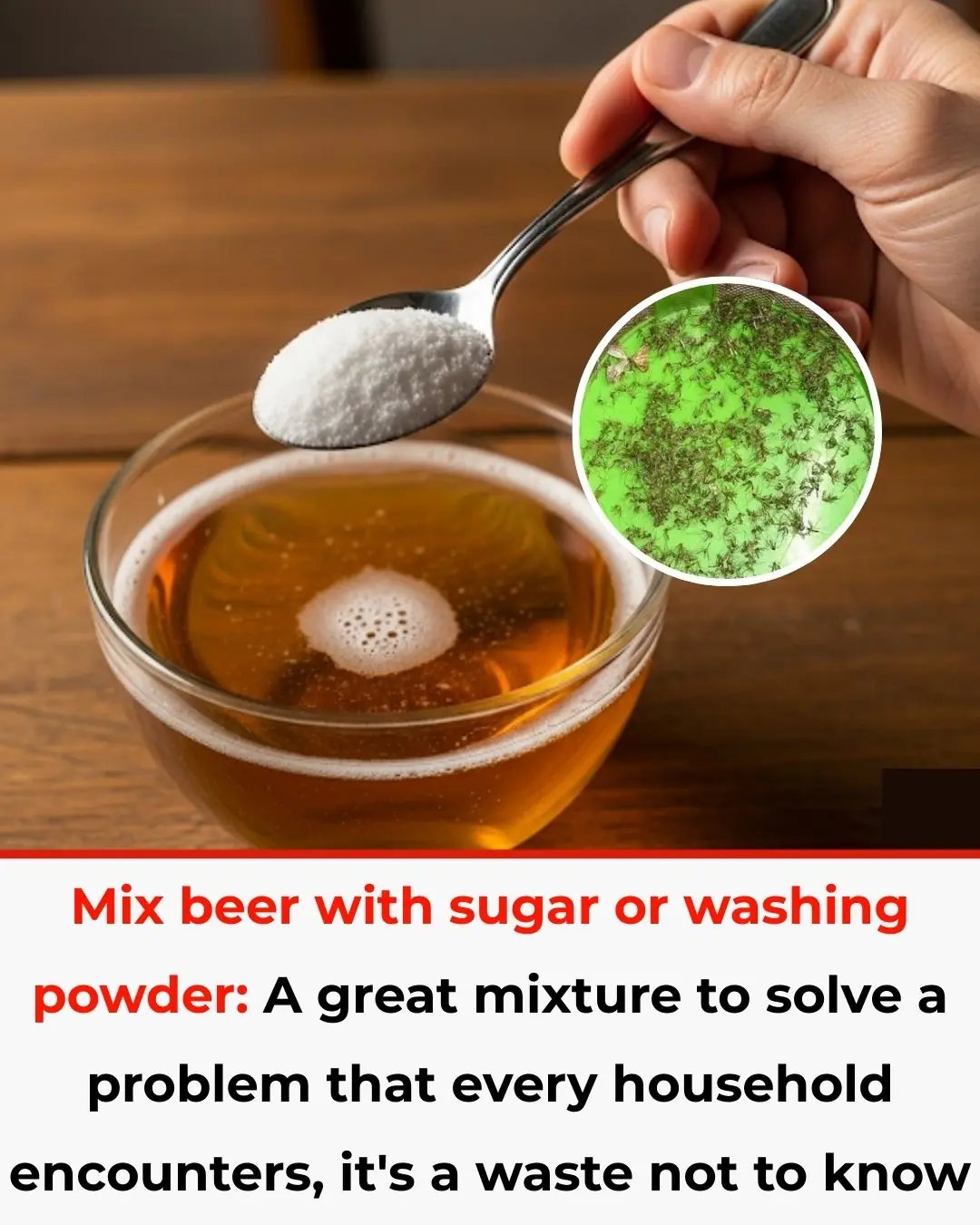
Mixing Beer with Sugar or Detergent: A Brilliant Solution to a Common Household Problem You Shouldn’t Miss

A Wild Herb That Grows Like Weeds, Used in Soups to Nourish the Liver and Strengthen Joints, Yet Most Vietnamese People Always Pull It Out When They See It
